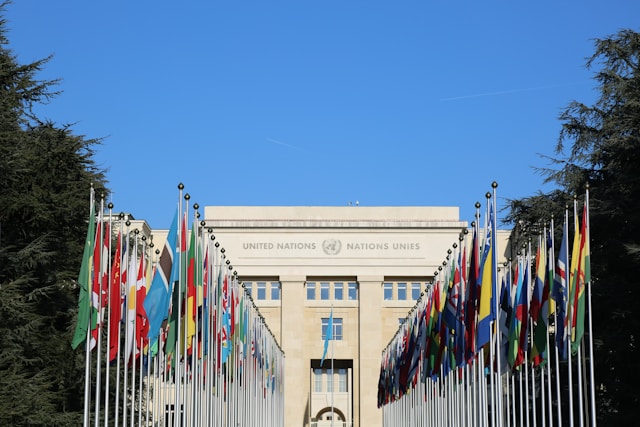Negotiations for a global treaty to combat plastic pollution teetered on the brink of collapse as the fifth round of talks entered its final day at the United Nations headquarters in Geneva. A draft text proposed by the talks’ chair, Luis Vayas Valdivieso, failed to bridge deep divisions among the 184 participating countries, drawing sharp criticism from both environmental advocates and oil-producing nations.
The draft, intended to find common ground after two and a half years of stalled discussions, was widely rejected for its lack of ambition and failure to address key issues. It omitted measures to limit plastic production or regulate toxic chemicals in plastics, infuriating countries pushing for bold action. Panama’s negotiator called it “surrender,” while the European Union deemed it “not acceptable” for lacking robust, binding measures. Kenya, Tuvalu, Britain, Norway, and Bangladesh echoed these sentiments, slamming the draft for ignoring the full lifecycle of plastics and the urgent threat of pollution.
Conversely, the Like-Minded Group, led by oil-producing nations like Saudi Arabia, Russia, and Iran, argued the text overstepped their boundaries by not focusing solely on waste management. Kuwait, speaking for the group, said it crossed “red lines,” while Saudi Arabia and the UAE demanded a clearer, narrower scope. India, aligning with Kuwait, saw the draft as a potential starting point but acknowledged the deep divide.
The talks, which began on August 5, aim to produce a legally binding treaty to address the global plastic pollution crisis. With over 400 million tonnes of plastic produced annually—46% ending in landfills, 17% incinerated, and 22% mismanaged as rubbish—the stakes are high. Environmental groups, including Greenpeace and the World Wide Fund for Nature, urged ministers to seize the final hours to deliver a strong treaty tackling production and toxic chemicals. “Failure means more damage, more harm, more suffering,” warned the WWF.
As a new draft is expected today, the last scheduled day of negotiations, hopes for consensus dim. Activists staged protests outside the UN offices, pressing for action. With ministers now involved, the world watches to see if a deal can be salvaged or if the talks will end without agreement, leaving the plastic pollution crisis unchecked.

